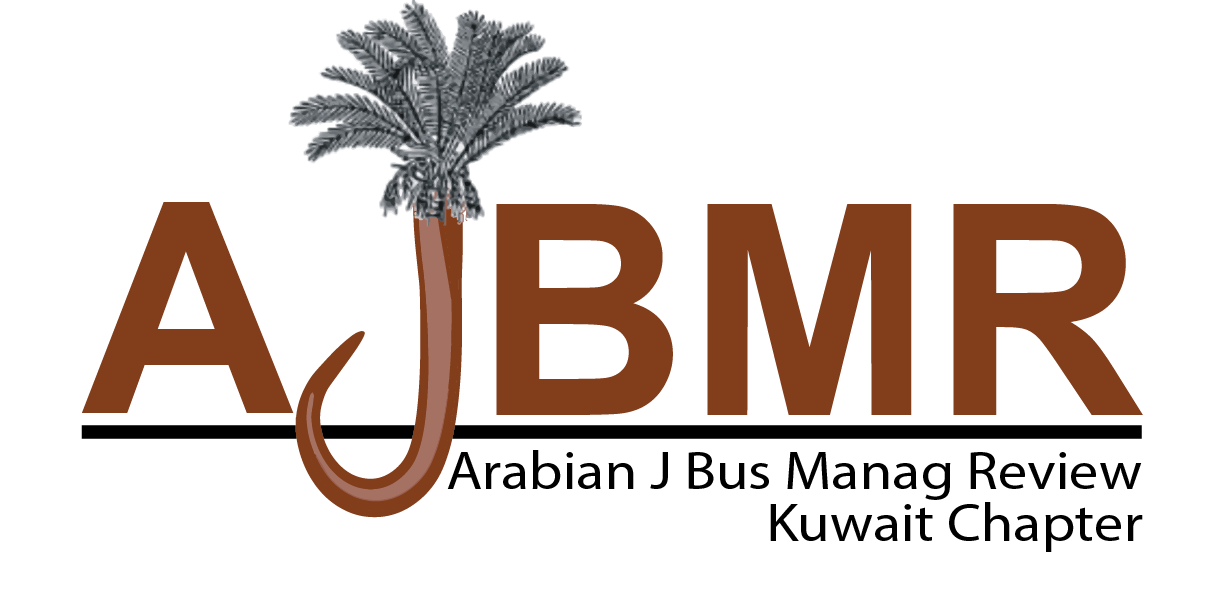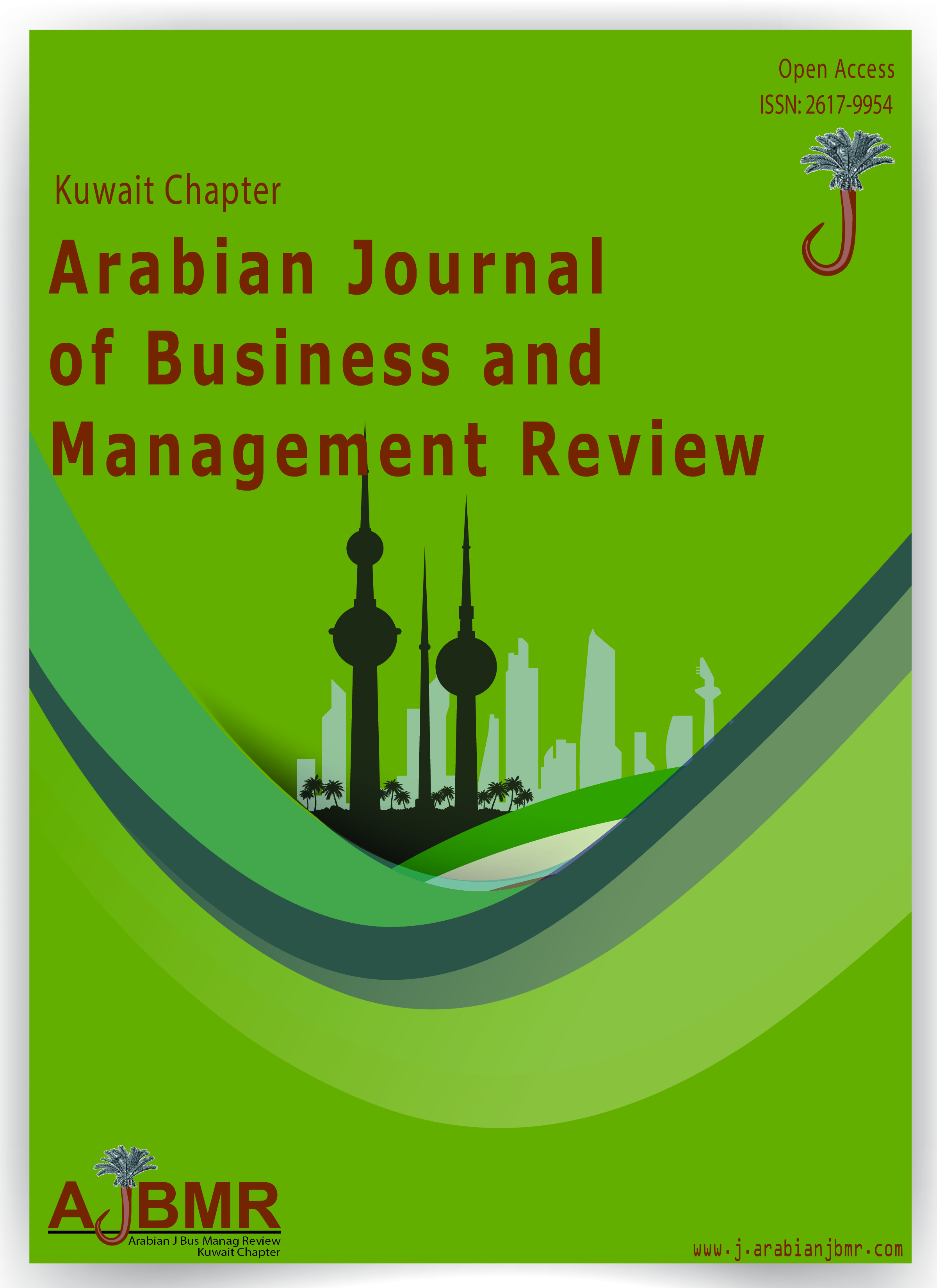OBSTACLES TO MALARIA CONTROL POLICY IN NIGERIA: AN ASSESSMENT OF THE IMPACT OF COUNTERFEIT DRUGS AND REGULATORY POLICIES
Keywords:
Malaria policy, immunization, insolubility of problem, drugAbstract
The paper examined the obstacles that frustrate malaria control policy in Nigeria. Random sampling was used in choosing 6 states and 66 numbers of respondents by states for the study. Statistical tools such as, frequency tables; correlation coefficient and chi-square were used. The correlation coefficient revealed high correlation between counterfeit drugs and high failure rate of malaria control. The chi-square test revealed that drug regulation policies in Nigeria are effective, that the high rate of the fake drugs in Nigeria is as a result of other factors like insufficient enlightenment campaign and surveillance strategies by the National Agency for Food and Drug Administration and Control (NAFDAC). Some of the recommendations proffered are, that drugs for malaria treatment and control
should be tested before use to ensure that they satisfy the anti-malaria treatment needs, there should be strict enforcement of drug registration guidelines. Drugs imported into the Country should be those whose quality certification can be readily obtained from local institutions.
Downloads
Published
How to Cite
Issue
Section
License
Copyright (c) 2011 Emma Chukwuemeka, Christian Okafor

This work is licensed under a Creative Commons Attribution 4.0 International License.






